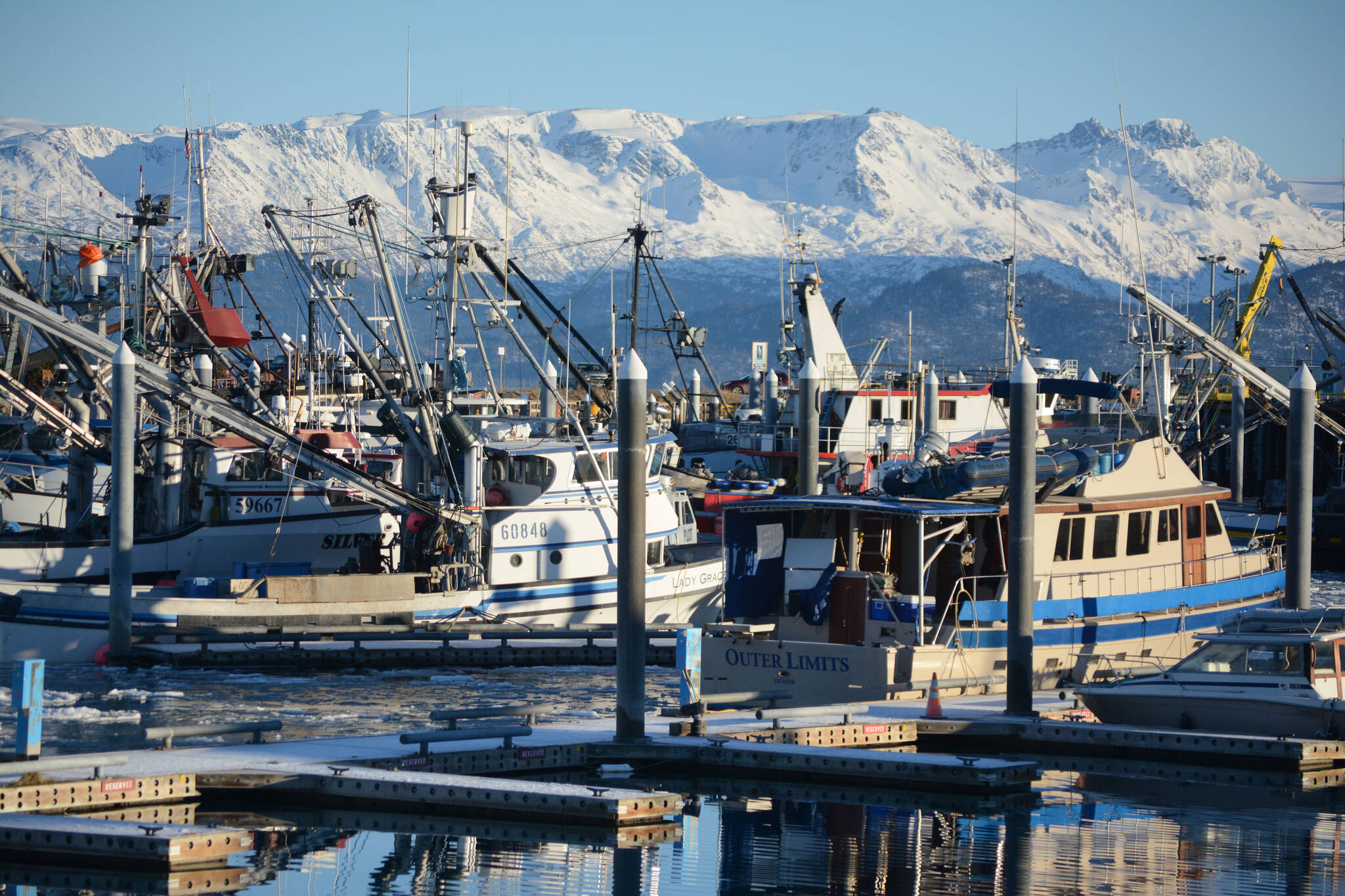Several fisheries-related bills have be prefiled ahead of the start of this year’s legislative session, including things such as encouraging the development of regional fisheries associations to one more clearly laying out what constitutes a conflict of interest for Board of Fisheries members. One that is sure to receive pushback from commercial fishing interests would require that BOF prioritize personal use fishers when restrictions are necessary for conservation.
There is also a bill that exempts certain types of vessels licensed elsewhere operating in the state for limited periods of time from having to pay fees assessed by the Commercial Fisheries Entry Commission.
The bill regarding regional fisheries associations was filed by Rep, Louise Stutes, R-Kodiak, who chaired the fisheries committee in the House for the 2021-2022 legislative session. Committee assignments have not yet been made for the 2023-2024 session.
That bill instructs the ADF&G commissioner to “assist in and encourage the formation of qualified regional fisheries development associations for the purpose of developing new fisheries in the state.”
The bill is designed to make it easier for commercial fishermen and processors to request that ADF&G issue permits to develop new fisheries, and lays out what qualifies as regional fisheries associations.
Another bill prefiled by Rep. Stutes more clearly defines conflicts of interest by members of the BOF, and relaxes the rules to allow members to participate in discussions of fisheries where they have a financial interest, but not vote on proposals.
Currently BOF members are prohibited from participating in discussions and votes on proposals for fisheries where they have a financial interest. For example, board member John Jensen did not attend the 2022 Bristol Bay meetings because he fishes the area.
The bill, which Stutes has filed multiple times, addresses the concern that the board is missing out on a member’s personal knowledge and expertise in an area’s fisheries, which by virtue of experience can give other board members a more well-rounded and informed idea of how fisheries management is executed.
Perhaps the most controversial bill was prefiled by Sen. Scott Kawasaki, D-Fairbanks, requiring the BOF to prioritize personal use when a fishery requires restrictions. It is directed at salmon fisheries, and is purely allocative, which is the sole responsibility of the BOF, and would tie the hands of ADF&G when making management decisions.
It reads, “ … when the harvest of a stock or species is limited to achieve a management goal, the Board of Fisheries shall place restrictions on all other fisheries before restricting personal use fisheries. In this subsection, ‘management goal’ means the escapement or estimated population size of the exploited stock that provides the greatest potential for sustained yield as established by the board.”
The sonar counters are generally several miles upstream, and frequently, if runs are late or weak ADF&G must place restrictions on the fisheries in a “wait and see” manner. Also, especially on the Kenai and Kasilof Rivers, the personal use fisheries continue unabated long after the commercial fleet is required to stand down for conservation reasons.
Cristy Fry can be reached at realist468@gmail.com.



